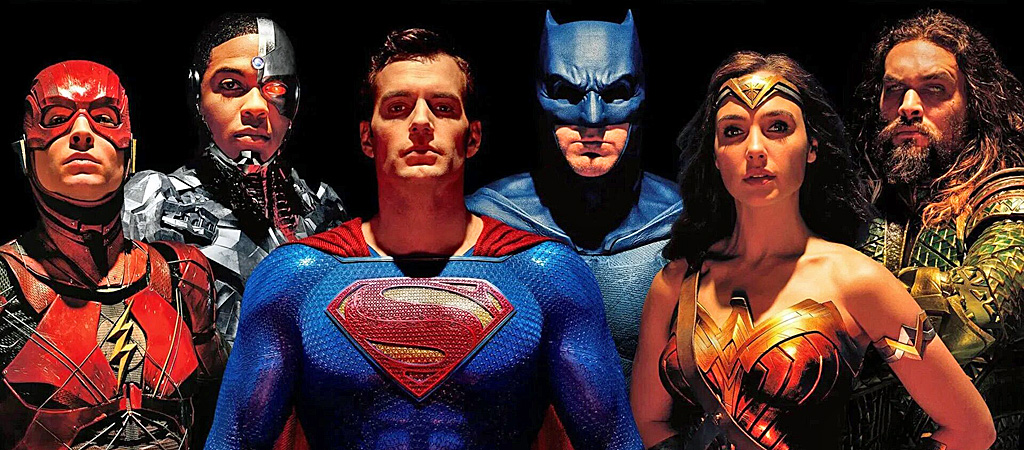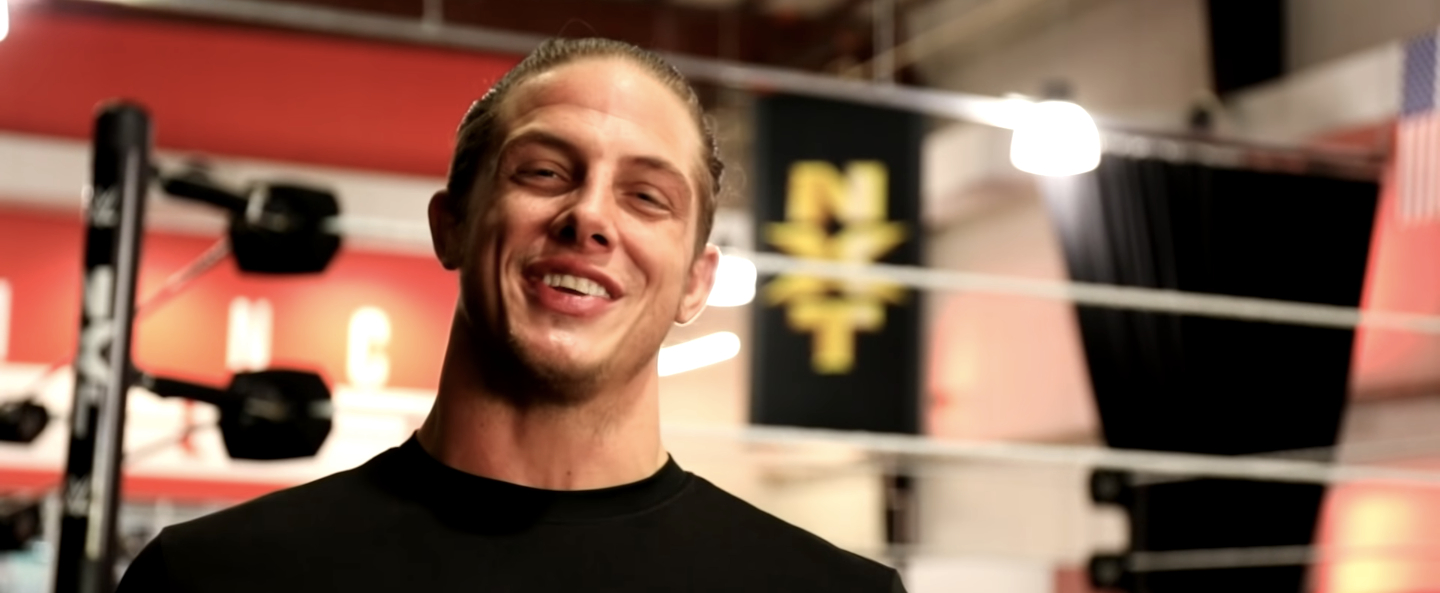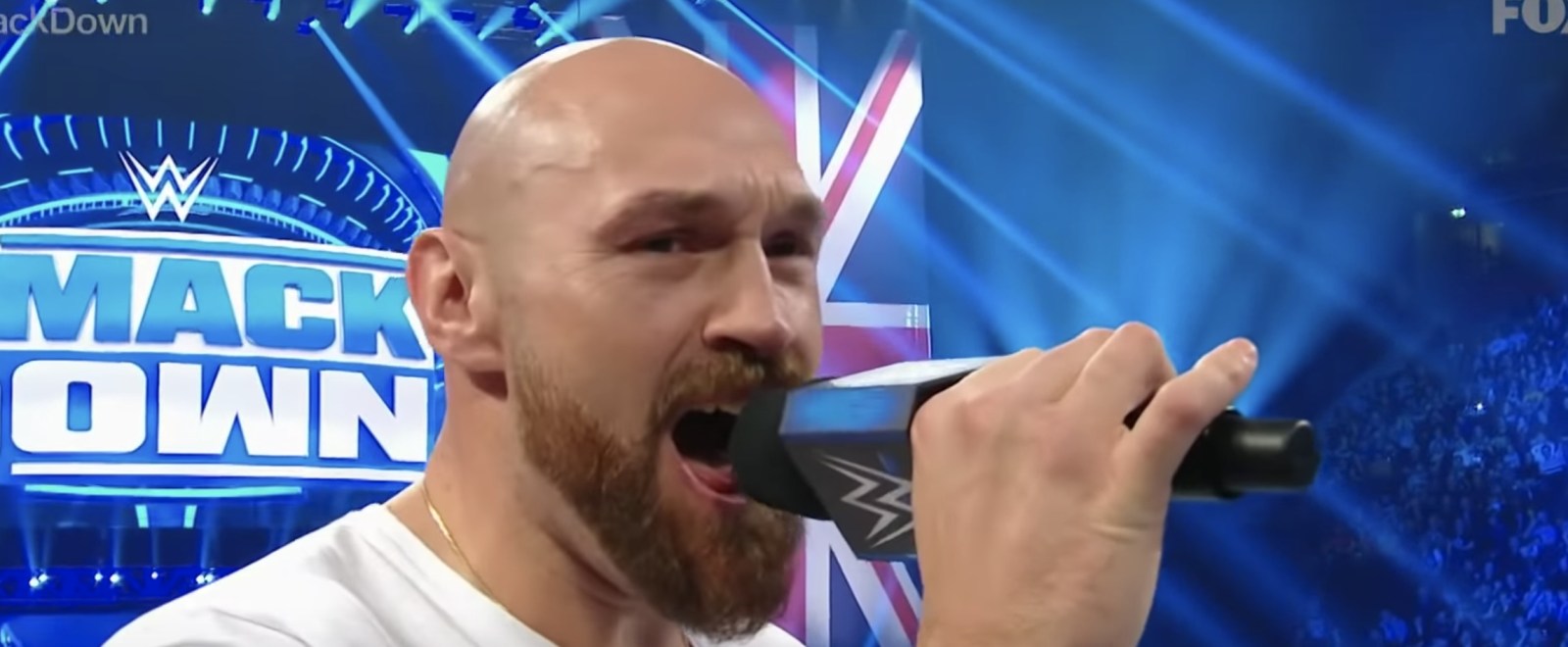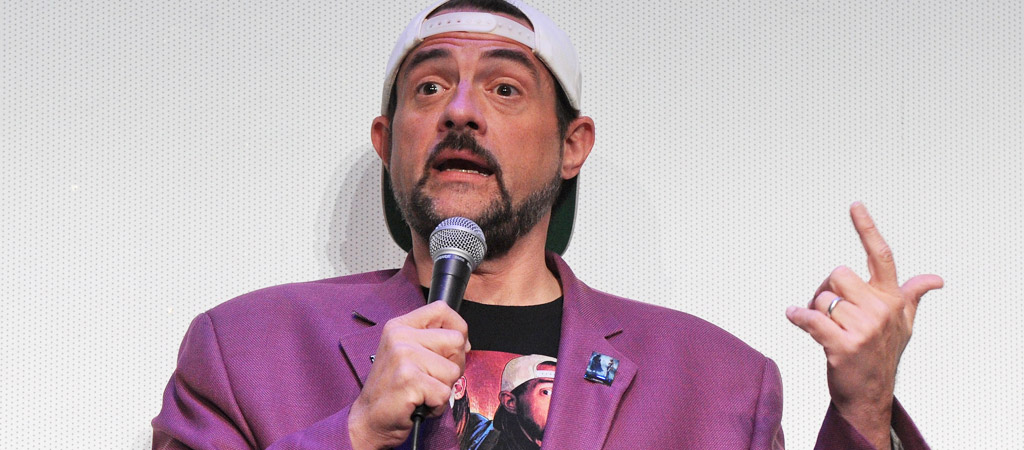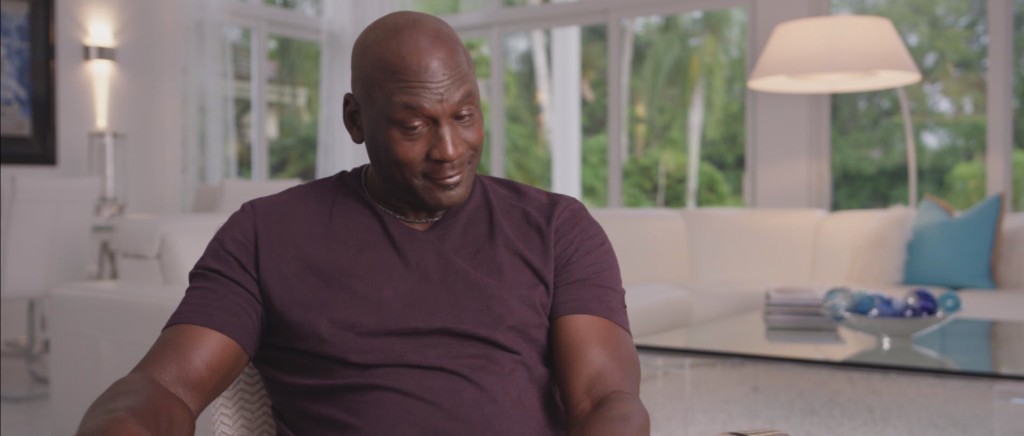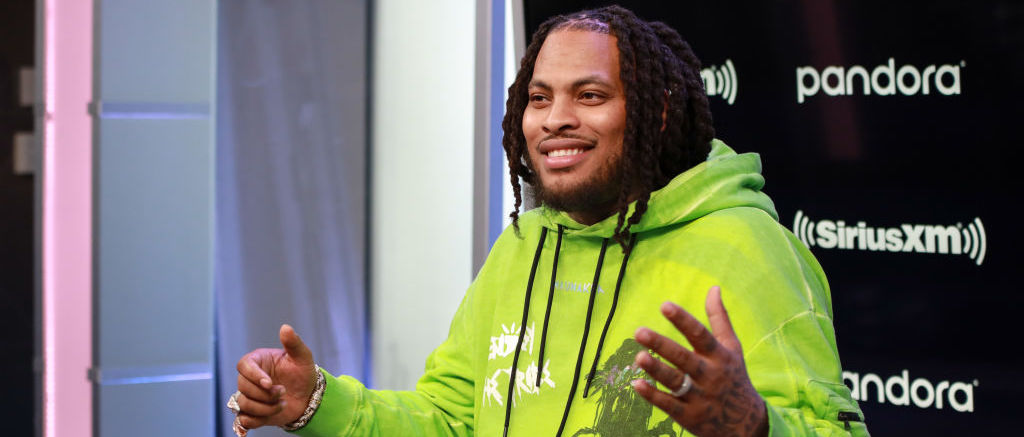
This article was originally published by The Conversation. You can read it here.
Parents have always helped with homework and made sure their children fulfill responsibilities like chores, but the extended and often unstructured time families are spending together during the current crisis creates new challenges.
After a disaster like a hurricane or fire, establishing structure is important to keep consistency and maintain a sense of control for both parents and children. This includes creating a schedule and communicating clear expectations and guidelines on things such as screen time.
But how do parents get children to follow the schedule and fulfill responsibilities without nagging and in a way that prevents blowups and tantrums?
Wendy Grolnick, a psychologist and parenting expert who has worked with parents in disaster situations, has studied how parents can help children become more self-motivated and decrease conflict in the family. In this piece she shares some strategies to make the house run more smoothly during the coronavirus crisis.
1. Involve children in setting schedules
When children participate in creating guidelines and schedules, they are more likely to believe the guidelines are important, accept them and follow them.
To involve children, parents can set up a family meeting. At the meeting, parents can discuss the schedule and ask children for their input on decisions like what time everyone should be out of bed and dressed, when breaks from schoolwork would work best and where each family member should be during study time.
Not every idea will be feasible – children may feel being dressed by noon is fine! But when parents listen to a child’s ideas, it helps them own their behavior and be more engaged in what they are doing.
There may well be differences in opinion. Parents can negotiate with their children so that at least some of the children’s ideas are adopted. Resolving conflicts is an important skill for children to learn, and they learn it best from their parents.
2. Allow children some choice
Schoolwork has to be done and chores need to be completed, but having some choice about how they are accomplished can help children feel less pressured and coerced, which undermines their motivation.
Parents can present some chores around the house, and children can choose which they prefer. They can also pick when or how they complete them – do they want to do the dishes before or after watching their TV show?
Parents can also give children choice about what fun activity they would like to do at the end of the day or for a study break.

3. Listen and provide empathy
Children will be more open to hearing about what they need to do if they feel that their own perspectives are understood. Parents can let children know that they understand, for example, that it is not fun to be in the house and that they miss being with their friends.
Parents can begin requests with an empathetic statement. For example, “I know it seems like getting dressed is silly because we’re in the house. But getting dressed is part of the routine we have all decided upon.”
Even if they might not agree with their child’s perspective, when parents show that they understand, cooperation is enhanced, as is the parent-child relationship.
4. Provide reasons for rules
When parents provide reasons for why they are asking for something, children can better understand the importance of acting in particular ways. Reasons will be most effective when they are meaningful to the children in terms of the children’s own goals. For example, a parent can say that dividing up family chores will help everyone have more time for fun activities after dinner.
5. Problem-solve together
Not everything will go according to plan – there will be times of frustration, nagging and yelling. When things aren’t working out, parents can try engaging in joint problem-solving with their children, which means employing empathy, identifying the issue and finding ways to resolve it.
For example, a parent might state, “You know how I’ve been nagging you to get up in the morning? It’s probably really annoying to hear that first thing in the morning. The problem is that even though we decided we’d all get up at 8 a.m., you are not getting out of bed. Let’s put our heads together to see what we can do to make morning time go more smoothly. What are your ideas?”
I have seen this take the stress out of mornings for working parents who need to take their children to school before going to work, and I believe it could help during the pandemic, too.
All of these practices can help children to feel more ownership of their behavior. That will make them more likely to cooperate.
However, these strategies require time and patience – something that is hard to come by at times of stress. Research studies show that parents are more likely to yell, demand and threaten when time is limited, they are stressed or they feel worried about how their children are performing.
That’s why its important for parents to find time for their own self-care and rejuvenation – whether it be by taking a walk, exercising, meditating or writing in a journal. A pandemic or other disaster presents challenges for parents, but using motivational strategies can help parents provide a calmer and more effective environment that also facilitates a positive parent-child relationship.
Wendy Grolnick is Professor of Psychology, Clark University


